Social Board a model to contrast social exclusion, the case of Prato
Title Social Board a new tool to contrast social exclusion
Location Prato
Duration September 2018 – November 2019
Framework SIA / REI “Social Board” of the Prato Territorial Area
Funding FSE – PON Inclusion: Interventions in favour of social inclusion
Context
On the 1° January 2018, the city of Prato adopted the Inclusion Income (REI). REI is a national measure to contrast universal poverty divided in two parts: a economic benefit and a tailored project for social and working inclusion. While INPS, National Institute for Social Security, manages the payment of the economic benefit, Social Services of the Municipality of Prato are in charge of preparing the tailored project for social inclusion.
In Prato, economic dynamism, multiculturalism and innovation coexist with high levels of social exclusion, housing distress, scholastic dispersion and risk of marginalization. Despite the fact that in almost all families there is at least one working component, there are many people who live in conditions of indebtedness and suffer the high cost of living.
The application of the REI income in Prato, therefore, has been shaped on this recent transformation and has allowed to activate an innovative mode of intervention focused on the “Social Board”. Social Board is a particular intervention model for the activation of tailored projects, characterized by: teamwork, user participation, integrated and personalized planning.
General Objective
The main aim of Social Board is to provide an integrated, flexible and personalized response to disadvantaged people so that they can break poverty perpetuation mechanisms.
ARCO Researchers have carried out a research analysis to understand to what extent the Social Board model has led to an effective improvement in taking care of persons at risk of marginalization and whether this procedure is an effective tool for combating social exclusion.
Our contribution
The research was carried out in 14 months and was articulated in four different phases. The tools used come out of mixed methodology, ie qualitative tools – such as interviews with key informants and focus groups – and quantitative tools, such as the administration of questionnaires.
The first phase’s aim was to understand the application of REI in Prato, the functioning of the Social Board Model, the actors involved in the project and how the latter fits into the Prato context. During th second phase REI users were profiled with the help of a questionnaire. The third phase assessed the effectiveness of tailored projects development. The fourth and final phase assessed the relevance, effectiveness and sustainability of the entire Social Board project.
To know more:
- Focus on the Emancipatory Research process involving the beneficiaries of the Inclusion Income in the Prato Area
- The potential of emancipatory research in user-centered practice
Read more on our Inclusive Development Unit
Related Projects
-

Action-Research to assess the dimension of the NEET phenomenon in Tuscany
-

Evaluation of the project to improve community awareness and response to gender-based violence in Uganda
-

Research on knowledge, attitude, social norms and practice on reproductive health rights and gender-based violence in Narok county, in Kenya
-

Betting on the Future: Youth and Territory in the Empolese Valdelsa Municipalities
-
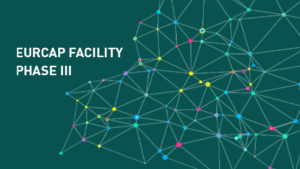
Capacity Building European Facility for the Readmission of Migrants – EURCAP, Final Evaluation
-

Final evaluation and SROI analysis of the project to train health personnel at the Salam Centre in Khartoum
-

Action-research to foster the employment inclusion of persons with disabilities in Tunisia
-

What Women Want: women’s empowerment and aspirations in SWANA countries.
-

Exploratory research on accessibility of health services in Mozambique
-

Action-Research to foster labour accessibility for young people with disabilities in Kenya
-
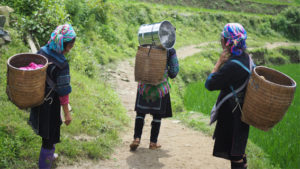
Evaluation of the project that aims to improve the health of the most vulnerable in Myanmar
-
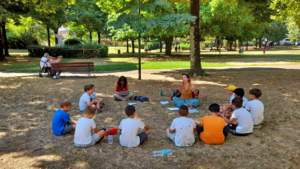
Action-Research for the Global Boyhood Initiative on stereotypes, gender roles and bullying
-
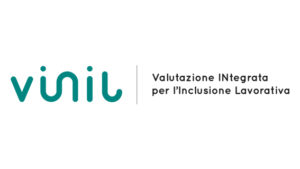
VINIL – employability assessment for persons with disabilities
-

Food Wave, Monitoring the project that promotes sustainable food consumption among young Europeans
-

Nothing About Us Without Us: Emancipatory Research and Strategic Plan on disability in Palestine
-
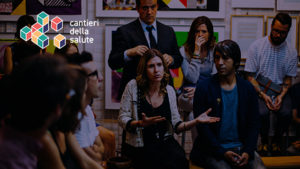
Monitoring and evaluation of the participatory processes of Cantieri della Salute in Tuscany
-

Market analysis to foster employment of young people in Mali
-
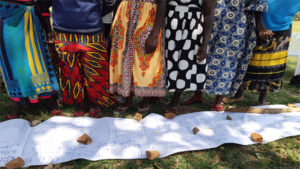
Action – Research to foster community health insurance for women in Sédhiou, Senegal
-
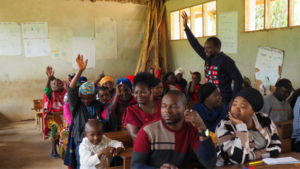
No One Left Behind: an Emancipatory Research for young people with disabilities in Tanzania
-

Social Board a model to contrast social exclusion, the case of Prato
-
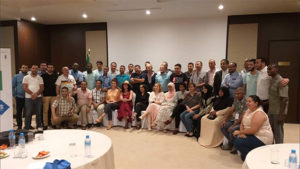
CapDeL: Incubation process for associative projects in Algeria
-

CapDeL: la ricerca al servizio dello sviluppo locale sostenibile in Algeria
-
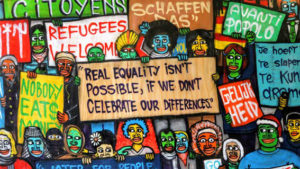
Evaluation of the SPRAR projects managed by ARCI Toscana
-

Need assessment to foster social inclusion in Tuscany
-
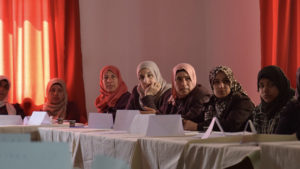
Promoting inclusive business and social entrepreneurship in Palestine
-

Final Evaluation of CBR Programme on disability and rights of persons with disabilities in Mongolia
-
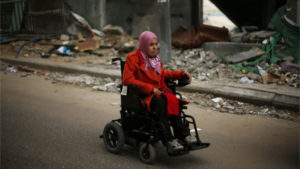
Emancipatory Research as a participatory approach to foster inclusion of women with disabilities in Palestine
-
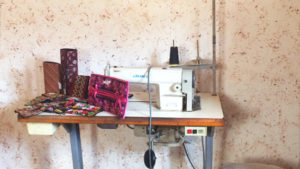
Research and consultancy for the inclusion of women with disabilities in the Gaza Strip
-
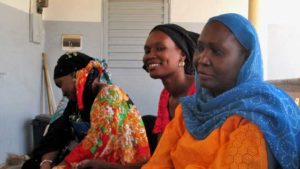
Action-Research for gender mainstreaming development in Senegal